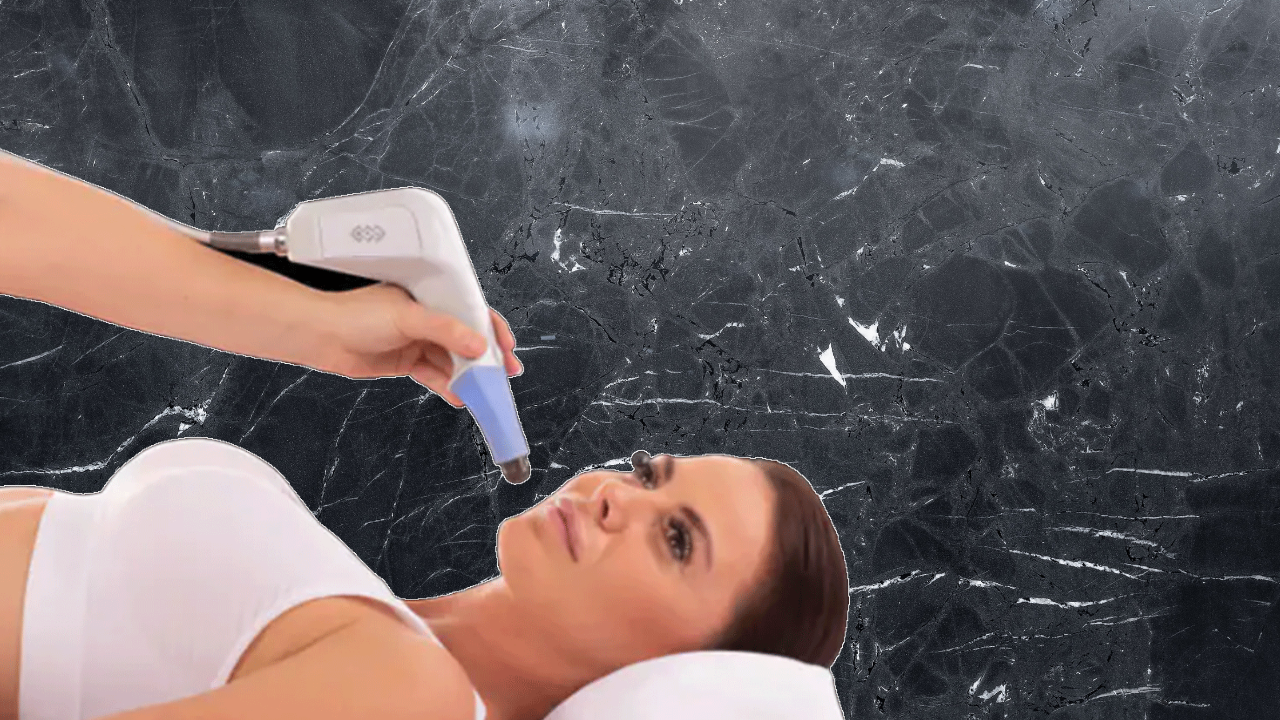
Headlines have been linking the COVID-19 vaccine to filler swelling, causing injectors to address the concern of their patients. The confusion is understandable considering the vaccine is new and research is still being done. Men and women all over the world have been debating on staying unvaccinated instead of discontinuing the use of fillers.
The desire to stick to a normal filler routine is completely justified. However here are some facts you may want to know before planning your vaccine and filler appointments:
Should I get the vaccine with fillers?
Experts are saying there is no reason to avoid the vaccine if you have dermal fillers. There have been a few cases where the Moderna COVID-19 vaccine is suspected to have triggered localized swelling in people who had dermal fillers (most often in the face or lips). It’s possible that the vaccine triggered an immune system reaction that caused the inflammation. The problems were not caused by an infection or an allergic reaction. If you have fillers and experience a reaction, know that it’s likely temporary. You can take an over-the-counter antihistamine, which may help reduce swelling, or call your injector. However, there is no other medical reason why you should not get the vaccine, you can and should protect your health by getting the vaccine. Let the person administering your vaccination know that you have fillers. Also, let them know if you have any allergies or if you carry an Epi-Pen. If you do have allergies and carry an Epi-Pen, make sure you take it with you to your appointment.
Should I get the vaccine with fillers?
Although the risk is low, patients who have received filler before obtaining the COVID-19 vaccine should wait. Experts are recommending that patients wait 2-4 weeks before or after their vaccine injections. To help plan out your filler and vaccine appointments, Pfizer recommends that recipients of the first dose of its BNT162b2 vaccine wait 21 days to receive the second injection. Moderna has specified a 28-day interval between vaccine doses. Since filler lasts many months and the vaccine is more available to the public, you should have plenty of time to spread out your appointments.
When can I get filler after being vaccinated?
The Moderna vaccine has caused facial swelling in a few people with facial fillers. Since the vaccines are very similar, it’s possible that the Pfizer/BioNTech vaccine could also cause the same type of issue in rare cases. It’s important to note that other vaccinations can cause similar issues. One of these is the influenza vaccine. It is a rare side effect and one that can be treated. And while it is stressful to see facial swelling, it doesn’t cause any long-term damage. If you are interested in dermal fillers and want to know more, Our founder Bita Z Farrell, M.D. is happy to answer your questions. Between her medical background, her artistic eye, and her holistic approach she will create results that are natural and refreshed. Simply contact us through our website today and we will get back to you!




